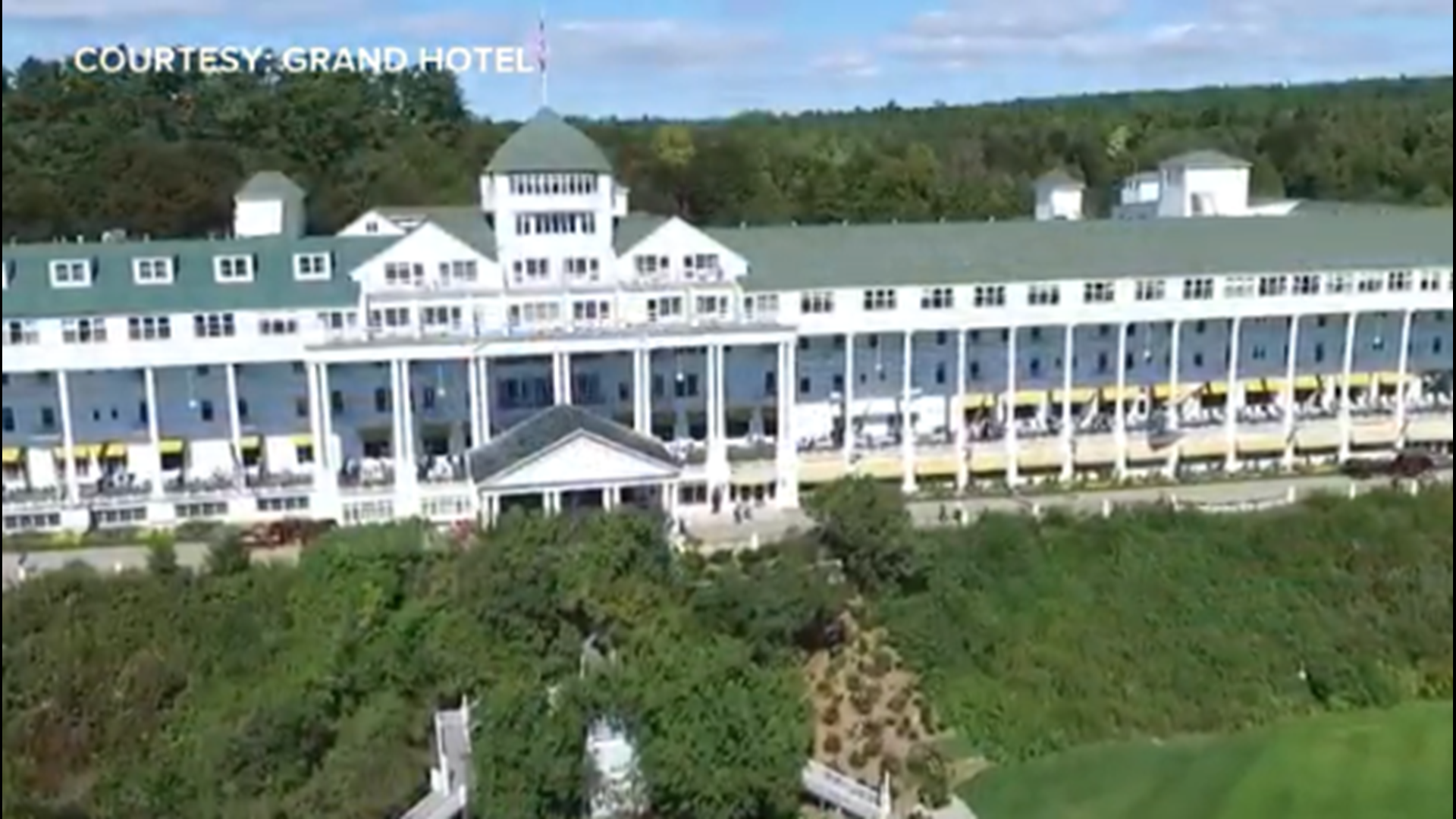Five Michigan urban areas — metro Detroit, Grand Rapids, Ann Arbor, Lansing and Kalamazoo — produce more than $3 of every $4 of economic output in the state. To be precise, those five metros generated about $328 billion of the state's $426 billion in gross domestic product as of the end of 2016.
Yet despite their enormous economic output and financial strength, these regions, like a host of smaller cities in Michigan, continue to suffer from shaky municipal finances, deteriorating infrastructure and a general sense of not getting their due from the state's political leadership.
What gives? Why hasn't economic power translated into political power?
The reasons could be many: A stingy state legislature prefers to cut taxes more than help cities. Conservative Republicans have gerrymandered districts so that urban issues championed mainly by Democrats remain underrepresented in the corridors of power.
And — not the least reason — metros like Detroit often find themselves divided among city and suburbs. Bickering leaves unresolved issues like regional transit and auto insurance reform.
An early morning panel Tuesday at the Detroit Regional Chamber's policy conference on Mackinac Island will tackle this puzzle, featuring some of the best thinkers on urban issues. They include U.S. Rep. Dan Kildee, a Democrat from the Flint area; Anthony Minghine, deputy executive director of the Michigan Municipal League, and Chris Coleman, a former mayor of St. Paul, Minn.
Also on Freep.com:
Michigan tried to lure Amazon to Detroit with $4 billion
Forget what Brooks says: Regional transit has life in metro Detroit
Trump's tariffs plan will hurt car buyers, automakers
But the problems of Michigan's cities are but one important question on the Detroit Chamber's crowded agenda for this year's policy conference. The conference begins with a reception Tuesday, offers full days of panels and discussions Wednesday and Thursday and wraps up around noon on Friday.
About 1,700 business and civic leaders, elected officials, journalists, educators and more are expected at this year's conference, which, as always, centers at the Grand Hotel.
"Our expectations are pretty much the same every year," said Sandy Baruah, president and CEO of the Chamber. "We want to provide a civil and attractive platform for Michigan's leaders to talk about 'where to' from here.
"Every year, the agenda changes just a little bit but it's always focused on the future."
Each year, the chamber chooses three themes or "pillars" around which the agenda is shaped. This year, those pillars include "Is Michigan Prepared?" which looks at competitiveness; the "Mobility Disruption," looking at next-generation mobility issues, and "Trust," or restoring confidence in institutions like government, news media and business.
Among other highlights:
A debate featuring six candidates for Michigan's next governor — the three Republicans and three Democrats now leading in the polls — will take place Thursday.
Gov. Rick Snyder will give his final keynote address to the policy conference as his second term nears its end.
Detroit Mayor Mike Duggan, who electrified the conference last year with a speech on the history of racism and redlining in Detroit, this year will discuss education policy on a panel with University of Michigan President Mark Schlissel, Detroit Public Schools Superintendent Nikolai Vitti, banker and school board member Sonya Mays and Detroit Free Press columnist Rochelle Riley, who will moderate the panel.
"I think education has been one of those issues that we've been talking up on the island in one form or another for years now," Baruah said. "We always talk about it but we haven't been able to solve it, and so that's a continuing frustration for us."
There will also be panels and presentations on future mobility issues, the development of Michigan's future workforce, and the role of small business in Detroit's comeback.
Guest speakers this year are scheduled to include noted journalist Peggy Noonan and former U.S. Speaker of the House John Boehner.
But it's the needs of cities that are getting a somewhat higher profile this year, since the conference in the past has focused more on state-level policy issues.
Last year, several urban leaders called for more attention to the problems of cities, particularly to the fiscal needs of budget-strapped cities.
"If we want a robust state, we need robust cities," Mayor William Wild of Westland told last year's conference.
And Kildee said at last year's conference that it's time for a Marshall Plan for cities.
"It's a continuing struggle," Kildee said then. "There's this constant refrain that government needs to tighten its belt, almost the theology of austerity. It's not smart. No thoughtful business owner would ever fail to invest in research and development, new equipment. They would always focus on the strength of their product.
"Somehow with cities, we erase all that. Product doesn't matter. It's just cost. Until we focus on product, we're not going to have the kind of growth we need."
►Make it easy to keep up to date with more stories like this. Download the 13 ON YOUR SIDE app now.
Contact John Gallagher: 313-222-5173 or gallagher@freepress.com. Follow him on Twitter @jgallagherfreep.

